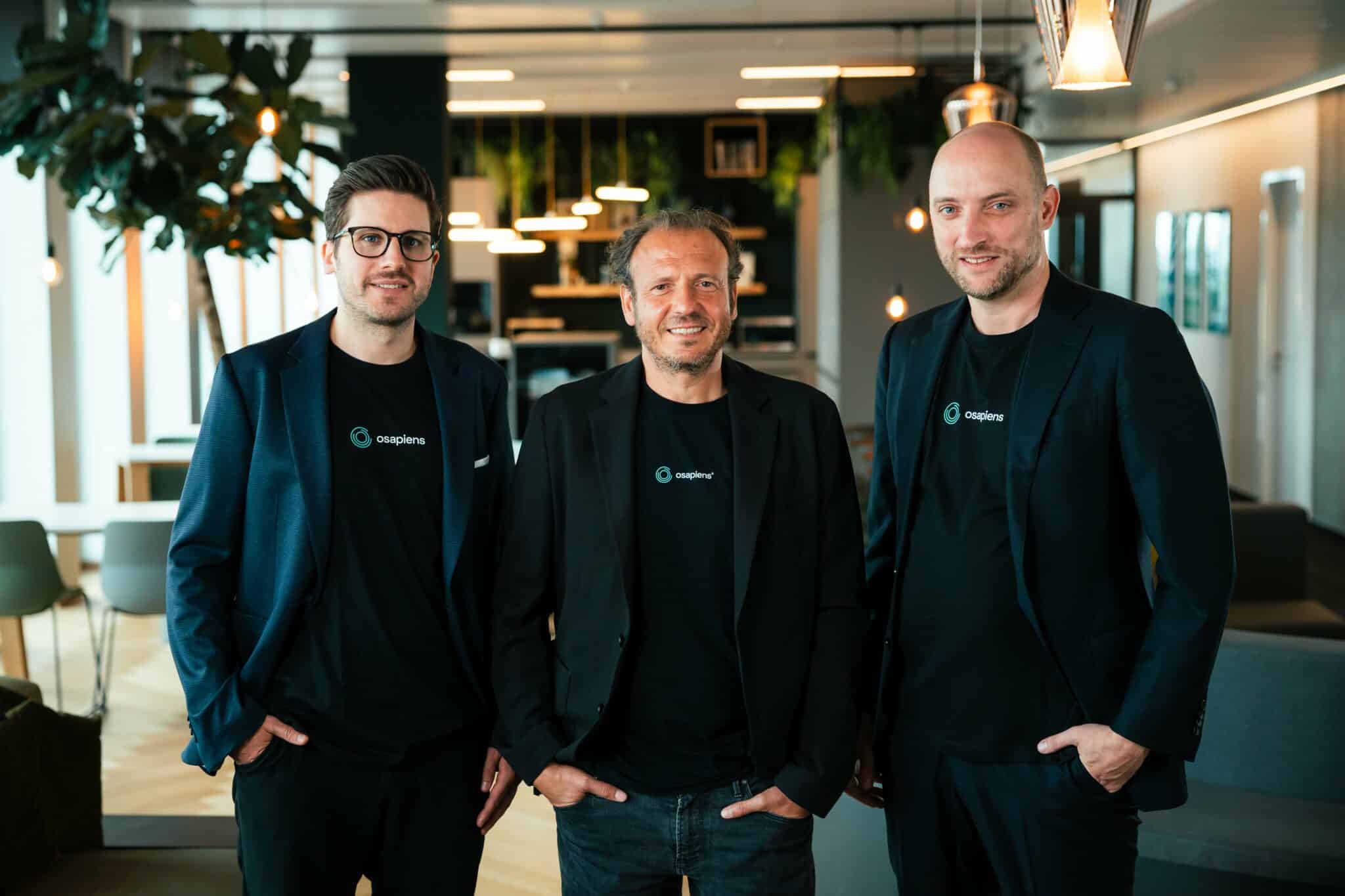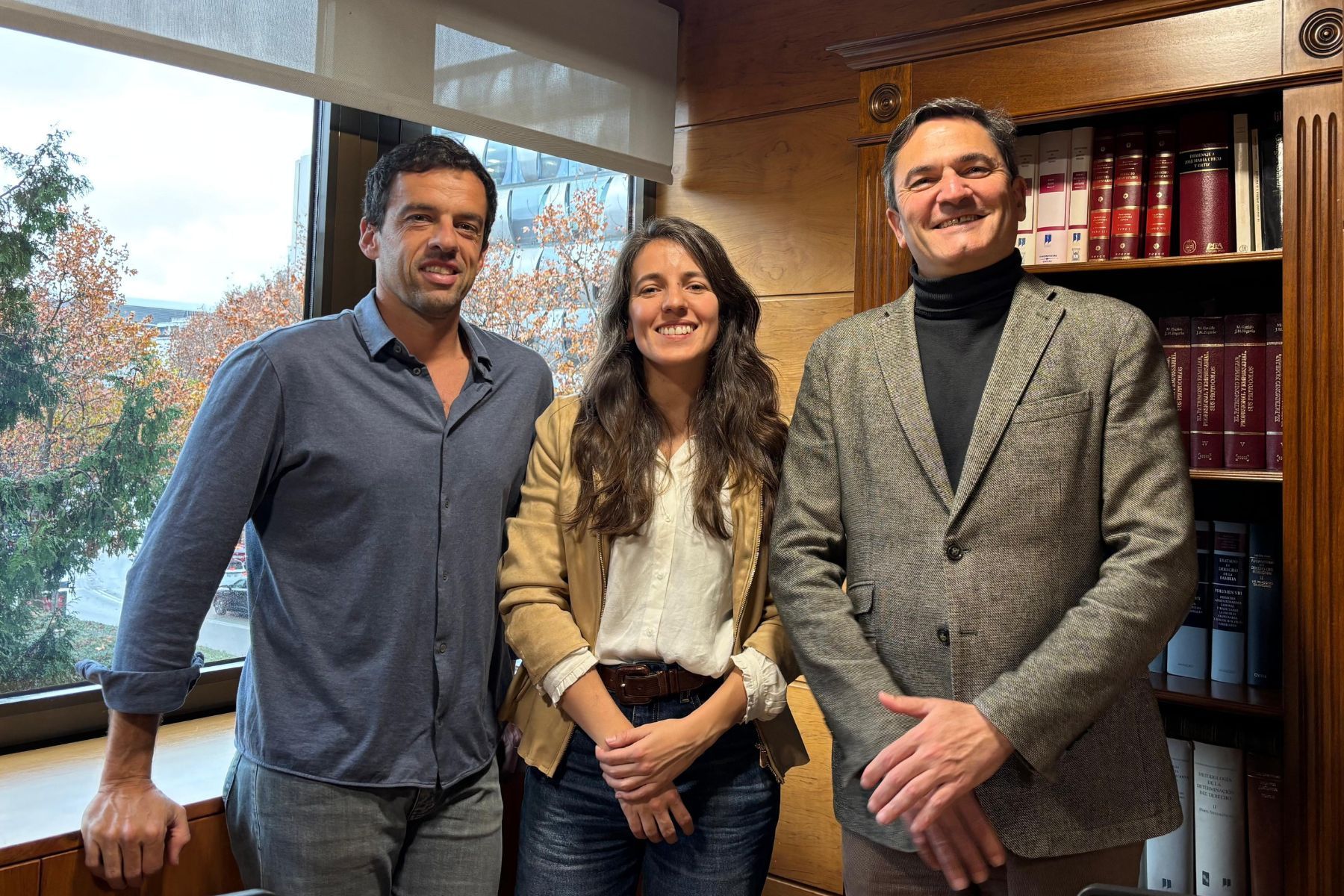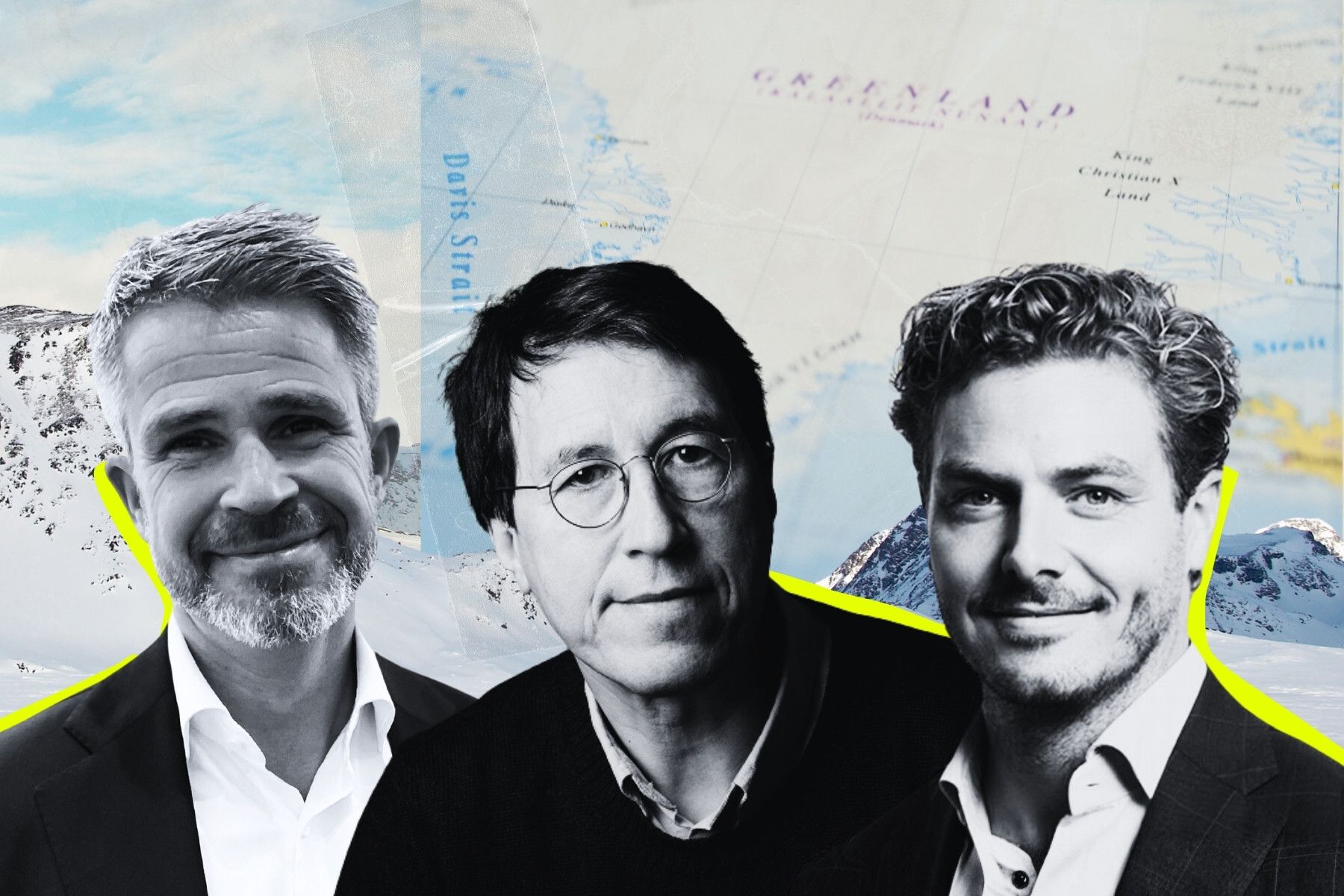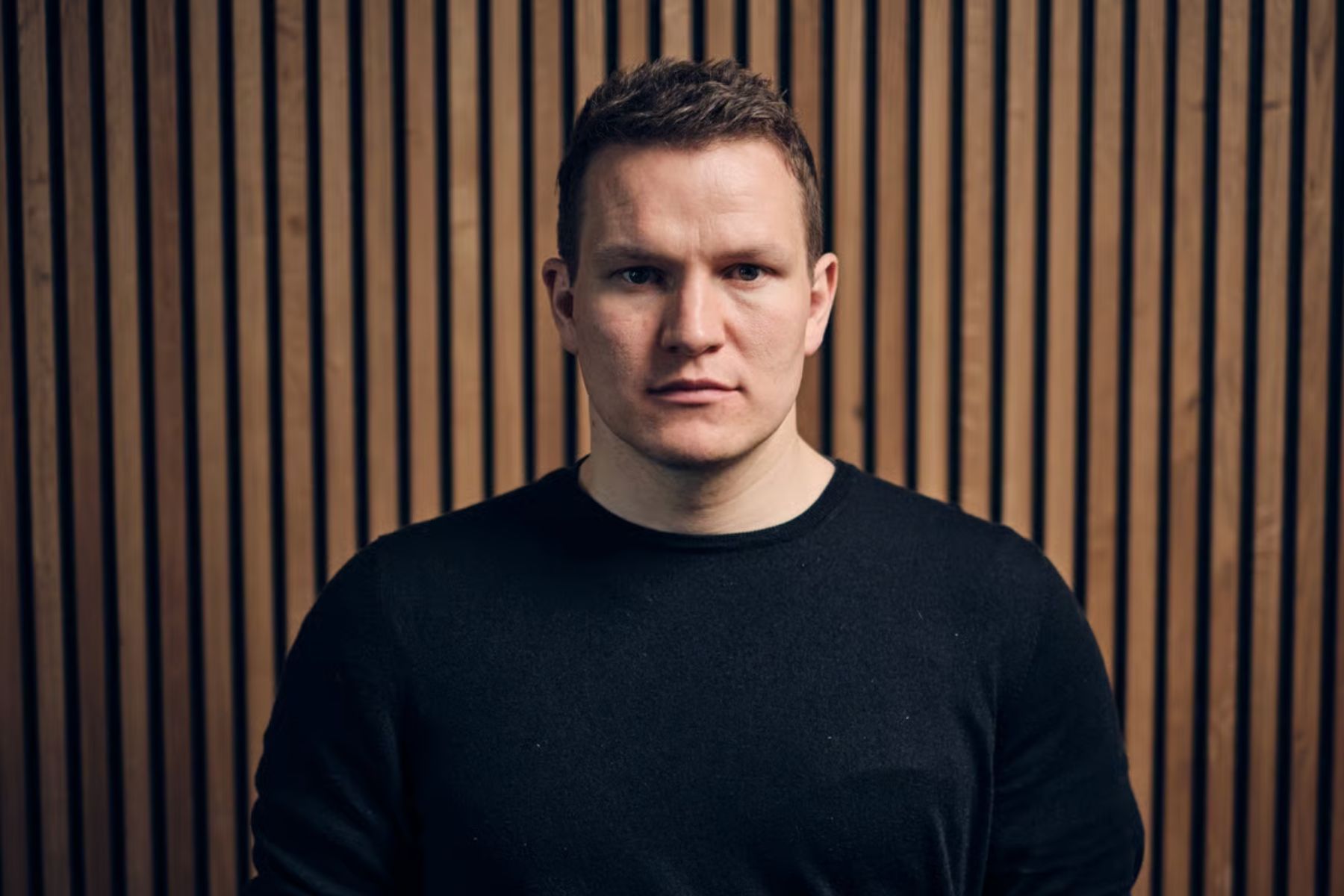Mushroom founder's tough call to investors: "Learn how farming works"
His mushroom company was taken over by investors - who brought in a CEO from Burger King and, he says, ran it into the ground. Now Smallhold's founder Adam DeMartino is heavily criticizing venture capital and its hunger for growth.<br><br> "If you really want to do some 'good' in the world, urge your companies to include other metrics," he writes in a post on Medium.

Is there a structural problem with venture capital entering the food and agriculture sector and inflating expectations to unreasonable levels?
At least that's the view of Adam DeMartino, who describes the rise and fall of Smallhold in a long post on Medium. The company was founded in 2017, growing exotic food fungi in a shipping container in Brooklyn.
The timing was right, and the company grew quickly. At its peak, Smallhold had an annual turnover of SEK 170 million and was valued at SEK 920 million. Not bad for a category that barely existed before. But the company was bleeding money.
Brought in CEO from Burger King
A rescue package was to be initiated. Instead, the result was a takeover, bankruptcy and buyout, with staff costs cut, grower contracts terminated and a temporary CEO from Burger King in Brazil.
The brand's original vision and values were suddenly a thing of the past, according to Adam DeMartino.
He is of course self-critical, but in his text he also points to the danger of letting profit-hungry and ignorant capital steer the ship. He even argues that sustainable and circular food production should be partly sacred and protected from the traditional growth mindset.
Above all, he says, you need to understand the business you are running. For Smallhold, this realization became clearer over the years: they were mushroom farmers - not a tech company.
"Smallhold's story is similar to many other VC-funded startups in recent years, especially in the agricultural sector: the money ran out, our unit economics were weak due to all the congestion, and we ended up as the last horse across the finish line in the investors' portfolio. If we had realized earlier that Smallhold wasn't a tech company, we might have survived with some money and a way out of the slump," writes Adam DeMartino on Medium.
His advice to other founders is as follows:
"Don't fool yourselves. If you want to create lasting, positive change in the world - that is, 'make your mark' in a climate- or health-positive way - the statistically most sustainable path for you is slow and steady. Of course, ride the hype wave. But don't close your eyes to reality. When you sign a term sheet, it's a promise - even if it's a crazy one. If it's a promise to generate a 10x return on a sustainable business model in agriculture, ask yourself if you're sure you can keep it. I mean, really sure."
When you sign a term sheet, it's a promise - even if it's a crazy one
Venture capitalists' representatives and analysts also take a beating:
"If you really want to do some 'good' in the world, urge your companies to include other metrics in their evaluation of agriculture and agricultural technologies. Learn how farming actually works. For real, learn how crop cycles work, how growing conditions affect density and yield, and dig deep into the economics of specific commodities. If someone promises you that they'll generate a 10x yield in five years through technologically grown lettuce - a commodity that relies on diesel prices and is grown cheaply in places like Mexico - take a step back and ask yourself: 'Is this physically possible?"

Investor: We need to have the discussion
Erika Hombert is part of the investment team at Pinc, Paulig's investment company specializing in food, health and agriculture. She read Adam DeMartino's post and points out that growth and high company valuations affected many different industries.
"At the end of a bubble like 2021-2022, there will be high valuations that cannot be realized. You simply have to know when and if the venture capital will come in. Adam DeMartino puts quite a lot of responsibility on others in his text. But everyone is involved."
It's the fund model that can be dangerous, says Erika Hombert.
"An investment fund takes into account that many companies will go under, which means you need some strong cards that deliver the returns. Then, as an entrepreneur, you have to ask yourself whether you want toa 'go big or go home' type of investor on board? You're in a tough spot if you don't have that business model."
Perhaps the entrepreneur also needs to be more informed and inquisitive?
"Yes, more clarity is often needed between investors and founders. Be open with the important questions: Where are you in your fund cycle? What are you expecting in returns? And is it something I can deliver?"
Adam DeMartino believes that the food sector should be a little more sacred. Do you agree with that?
"From a broader perspective, I think it would be good from the point of view of food security and self-sufficiency. It's not sustainable to have monocultures and transportation all over the world. Climate crisis and wars affect supply chains, so we need food production that is more local, circular and sustainable."
Scalability is important, says Erika Hombert. But she points out that you can also scale an idea locally.
"Not everything has to be global and large-scale. 80% of the world's population still gets its nutritional needs covered from local production, while we need to move more towards regenerative agriculture. The question is whether a VC should invest in it? We need to discuss this more: where should the capital come in - and what capital should it be? We need to dare to ask ourselves those questions."
Get full access to Europe's new platform for impact news
- Quality journalism, interviews, investor profiles and deep-dives
- Daily newsletter with top stories, latest funding rounds and roundup to keep you in the loop
Keep reading – get in the loop!
- Håll dig i loopen med vårt dagliga nyhetsbrev (gratis!)
- Full tillgång till daglig kvalitetsjournalistik med allt du behöver veta inom impact
- Affärsnätverk för entreprenörer och investerare med månatliga meetups
Fortsätt läsa – kom in i loopen!
- Håll dig i loopen med vårt dagliga nyhetsbrev (gratis)!
- Full tillgång till daglig kvalitetsjournalistik med allt du behöver veta inom impact
- Affärsnätverk för entreprenörer och investerare med månatliga meetups



.avif)





